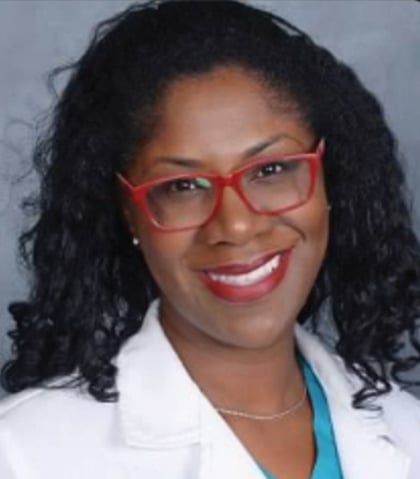
Aphasia: Symptoms, Causes and Treatment
Aphasia is a disorder that can affect a person’s ability to process, use or understand language. This can affect verbal communication as well as written. Most commonly aphasia suddenly occurs after a stroke or head injury. Aphasia can happen to anyone regardless of age, however it is more common among those who are middle aged or older. Some symptoms of aphasia include, speaking in sentences that don’t quite make sense, speaking unrecognizable words, substituting one word for another, writing sentences that don’t make sense, and word finding difficulty. Impairments in these abilities depend on the extent of damage and area of the brain affected.
The common causes of aphasia include, stroke (ischemic or hemmorhagic), traumatic brain injury, brain tumors, brain surgery, brain infections and progressive neurological diseases.
Most clinicians broadly define Aphasia by expressive and receptive types. Expressive aphasia (also known as Broca’s aphasia) is when the individual has difficulty expressing thoughts and ideas through speech and writing. Receptive aphasia (also known as Wernicke’s aphasia) is when an individual has difficulty understanding spoken and written language.
Aphasia is usually diagnosed after the patient has an MRI or CT scan. These tests will be able to identify the cause and the areas of damage in the brain. The physician may perform a basic language skills test, in which the patient is asked to carry on a conversation. If the physician expects aphasia, the patient is usually referred to a speech -language pathologist for a comprehensive exam.
The speech-language pathologist will conduct testing that includes grammar ability, ability to form sounds, understanding or comprehending words and sentences and object knowledge. Rehabilitation treatment may include reading and writing exercises, listening and repeating words, learning expressive language skills such as gestures or facial expressions. Patients are also taught to use compensatory methods such as pointing to cards (with words or drawings), using handheld tablet devices or smart phones with apps to help patients communicate. The speech-language pathologist will usually implement treatment specific to the individual, because each patient with aphasia may not present exactly the same.
To learn more about aphasia, please consult a specialist such as a speech-language pathologist as they are experts on this disorder.

















